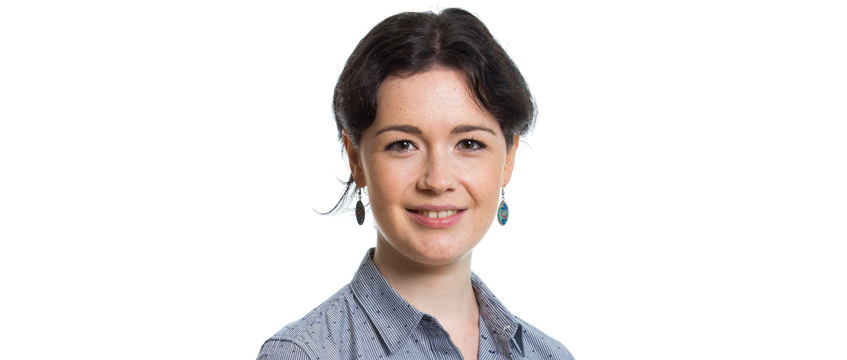COMMENT Young people’s voices are not being heard by the planning system. Some 89% of 16- to 18-year-olds who responded to a recent survey by Grosvenor said they have never been asked about the future of their neighbourhood.
Given that almost 16% of people in the UK are under 19, this means we are missing the input of a significant proportion of the population. It isn’t due to a lack of willingness to be involved. Many young people engage with local and national issues, and the vast majority of those who hadn’t been consulted about their local community before said they would like to be in future.
This matters, because it is young people who will arguably be most impacted by long-term changes to their area as the inheritors of the places being created today. If new communities are to be successful, they must reflect the priorities of younger generations. It’s an especially important issue for our team in strategic land, as we shape proposals for new developments at scale.
The government recognised the problem in its planning white paper, calling for more digital tools as a solution. Digitisation can help, but engagement strategies need to be sophisticated and harness online technologies as a way to complement, not replace, face-to-face conversations.
Interactivity is vital
This summer we worked with Sport England, the TCPA and ZCD Architects to set out a model of best practice for youth engagement – our toolkit, Voice.Opportunity.Power. The process of developing this and our experience has shown that virtual consultations must be targeted and creative if they are to attract younger people’s attention. Simply putting consultation boards online won’t cut it, especially for an audience that has grown up with the internet.
Interactivity is vital. This year we’ve held Zoom sessions to gather feedback about changes to our London estate, posting out activity packs and materials in advance that participants can engage with during a discussion.
Digital tools can be useful in starting a dialogue, but where possible the aim should be to take conversations offline. Firstly, this ensures that no one is alienated from the planning process – 1.9m households don’t have internet access according to digital inclusion charity Good Things Foundation. Secondly, face-to-face engagement builds trust and shows accountability. It puts a human face to a corporate brand name, giving meaning to social media posts and consultation websites.
Strategies for in-person consultation need to be tailored, too. Young people might be wary of the development sector, but working with community leaders to facilitate conversations or workshops will ensure a degree of trust before discussions begin, and give participants greater confidence to voice their views. Events should be held at places where young people feel comfortable, like schools or youth clubs. It can be useful to give incentives to take part and give up their free time to do so while juggling exams or a first job. These could include work experience programmes, key skills training or competitions.
Ask, then listen
Our industry talks about the value of creating genuinely mixed communities, but we can only do that if we speak to everyone.
Ultimately, engaging with young people will help us to design more successful places. They bring a new perspective, with an awareness of innovations, technologies and lifestyles that others may be naïve to, and they can drive our industry to reflect the causes that really matter to them.
It’s something we’re tapping into as part of proposals for our new strategic land project in East Sussex, including seeking to co-design recreational facilities and public spaces that will genuinely appeal to future teenage residents.
More transparent and broader consultation will deliver greater trust in the system. We’ve got to get it right from the start, empowering young people to have a say in the making and long-term management of places so they see the value of their contributions now and throughout their lifetimes.
Louise Houston is development manager for strategic land at Grosvenor Britain & Ireland











